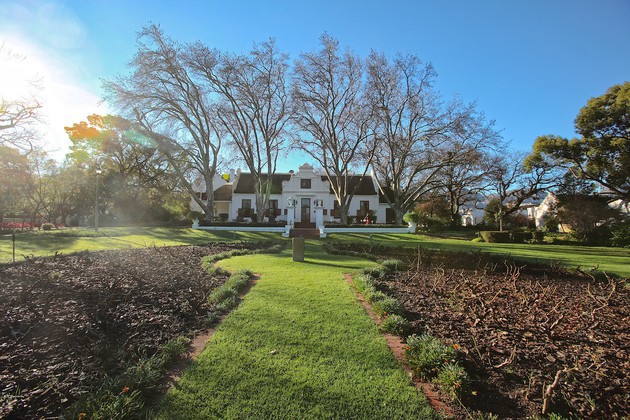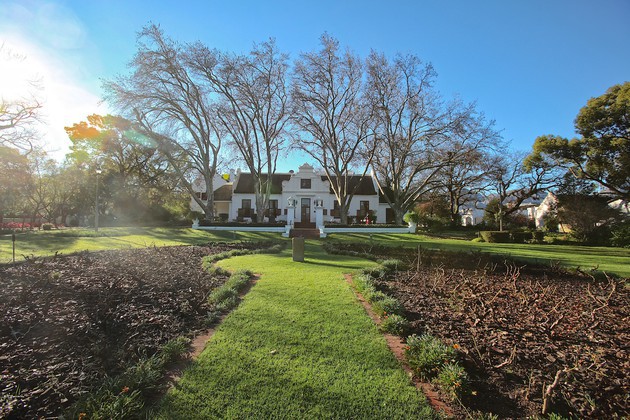Home
News

By Jaq Bayles
Published: 15 August, 2025
An agricultural outlook for South Africa’s wine sector has highlighted challenges and opportunities, showing that while production volumes are expected to stabilise below historical levels, there is a path for growth.
The BFAP Baseline 2025 report suggests growth can be achieved as long as the industry focuses on value over volume, market diversification, climate adaptation and building an inclusive and skilled workforce.
South Africa Wine CEO Rico Basson said the findings underline the industry’s resilience and adaptability. “We have weathered years of climate pressure, market shifts, Covid-19 alcohol bans and logistical challenges, yet our producers have continued to innovate and deliver world-class quality.
“There have also been significant global challenges due to tariffs, climate and lower production and consumption levels. The BFAP outlook confirms what we already know – we must be strategic, collaborative and proactive in determining our future,” Basson added.
According to the report, global wine consumption is shifting toward quality, while bulk wine is gaining structural momentum in international trade, and traditional markets like Europe are giving way to growing opportunities in Africa, Asia, and North America. Domestically, premium and ultra-premium wine segments are on the rise, alongside sparkling wine.
Based on the report’s insights, South Africa Wine has identified a raft of strategic priorities to ensure the industry is well-positioned for the future, including urgent vineyard renewal; climate adaptation; and market diversification.
Basson continued: “Our vineyard area has declined for 17 consecutive years, with a below-average return on investment. These numbers are a wake-up call. We cannot stand still. We must renew vineyards, embrace climate resilience, and strengthen our value chain to remain competitive.
“But even in a tough global market, there are bright spots. Bulk wine prices rose by over 8% last year, the premium and ultra-premium categories in the domestic market are growing by more than 25% over the next decade, and certain markets in Africa can double their demand for our wines. This is why our priorities focus on value over volume, new market opportunities, and the power of wine tourism to bring people and profits into our regions.
“Future success will, however, rely on a conducive policy environment. We need to strengthen government support to boost investor confidence, cut red tape, enforce key issues like illicit trade, ensure all wine-related policies – including excise tax – are evidence-based, and recognise the sector’s rural roots, economic impact and job creation potential,” Basson concluded.
Other articles of interest


Dining and Cooking